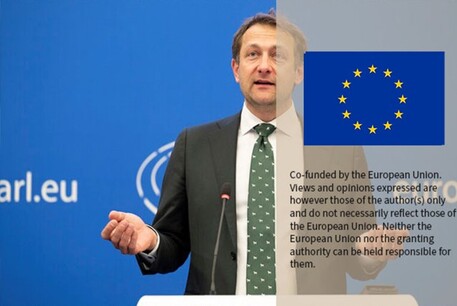(ANSA) - ROME, DEC 17 - Five days into its new term, the
European Commission has launched the European Committee for
Agriculture and Food to follow up on one of the recommendations
from the final report of the Strategic Dialogue on the Future of
Agriculture.
According to an official statement, the committee will be
chaired by the new Agriculture Commissioner, Christophe Hansen,
and will act as a bridge between agri-food supply chain
stakeholders, civil society, and Brussels.
The committee will also provide "advice" to the European
Commission in preparing the future Vision for Agriculture and
Food, which will be presented within the first 100 days of the
mandate by Vice-President for Cohesion, Raffaele Fitto.
"Agriculture is at the heart of Europe's future. Today, we are
carrying forward the momentum of the Strategic Dialogue on the
Future of EU Agriculture to build trust and bring people
together," said President Ursula von der Leyen. "The European
Committee for Agri-Food will address the full complexity of the
agri-food value chain, supporting our farmers and promoting a
more resilient, competitive, and sustainable agri-food system."
The Committee has been established for five years and is
expected to meet between two and six times a year. However,
Hansen will have the authority to call additional meetings when
urgent advice is required.
On December 5, the European Commission formally opened
applications for those interested in participating. The
Committee will consist of up to 30 organizations representing
three categories of stakeholders: the farming community, other
actors in the food supply chain, and civil society, including
fields such as environment and climate, animal welfare, and
consumer issues.
The deadline for submitting applications is January 8, 2025. The
Commission will evaluate all submissions and intends to finalize
the Committee's composition at the beginning of 2025, with the
first meeting expected to take place shortly thereafter.
#IMCAP
Co-funded by the European Union. Views and opinions expressed
are however those of the author(s) only and do not necessarily
reflect those of the European Union. Neither the European Union
nor the granting authority can be held responsible for them
(ANSA).
Brussels launches the European Committee for Agri-Food
Led by Hansen, it will lay the groundwork for EU's new vision
